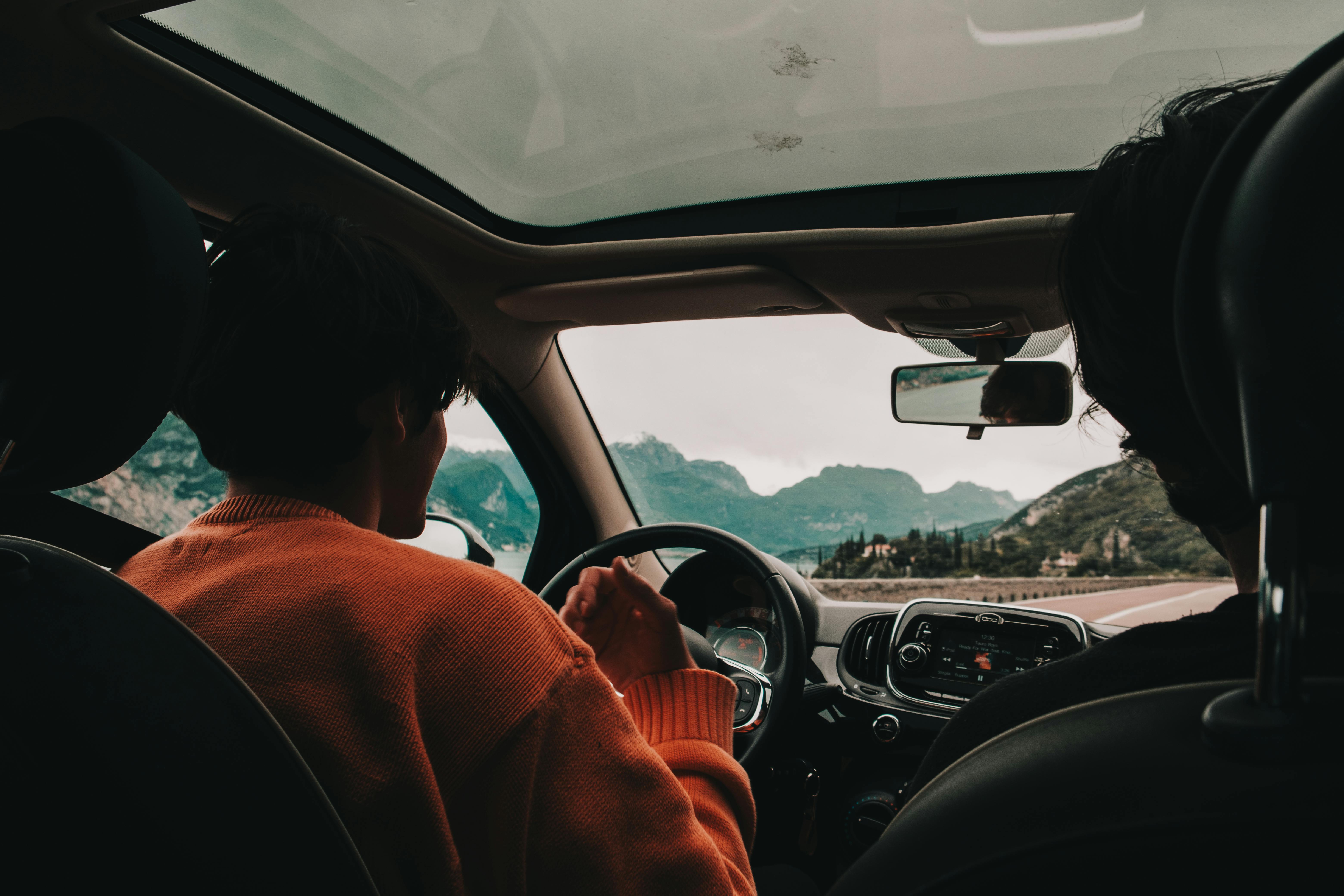
Embarking on a long road trip can be an exhilarating experience, providing opportunities for adventure and exploration. However, safety should always be a top priority. With proper preparation and mindful practices, you can ensure your journey remains enjoyable and secure. This article explores some important tips to keep you safe on your road trip, from pre-trip planning to in-the-moment safety measures. In the event that an accident does occur, it can be beneficial to know your options for legal assistance. Finding an auto accident injury attorney can help you navigate the aftermath and understand your rights.
Adequate Rest and Hydration
Fatigue is a major cause of accidents on long road trips. Ensure you are well-rested before starting your journey. Stick to a schedule that allows for regular breaks to stretch your legs, use restroom facilities, and grab a snack. Staying hydrated is equally important; keep a supply of water readily available and avoid excessive caffeine, which can lead to dehydration.
Pre-Trip Vehicle Check
Your vehicle is your lifeline on the road. Before setting off, conduct a comprehensive vehicle inspection. Check tire pressure and tread depth, ensuring they are in good condition. Inspect fluid levels, including oil, coolant, and windshield washer fluid. Make sure all lights and signals are functioning correctly. If you’re not confident in performing these checks, have a professional mechanic do it for you.
Safe Driving Practices
Adhering to safe driving practices is vital. Always wear seat belts and ensure all passengers do the same. Observe speed limits and adapt your driving to road conditions. Avoid distractions such as mobile phones or eating while driving. Use hands-free devices for calls and, if possible, have a co-driver who can take over or help navigate.
Route Planning and Navigation
Plan your route meticulously, considering not just the shortest path but also the safest and most convenient one. Use reliable navigation tools and apps to stay updated on traffic conditions, road closures, and weather forecasts. Mark rest stops, fuel stations, and emergency services on your map to ensure you have options when you need a break or assistance.
Entertainment Options
Long hours on the road can sometimes lead to boredom. To keep everyone entertained, consider preparing a playlist with your favorite music or podcasts. Audiobooks can also be a great way to pass the time. For those not driving, portable games, books, or streaming devices loaded with movies or TV shows can help make the journey more enjoyable.
Healthy Snacks
Keeping a variety of healthy snacks in the car can make a big difference in how you feel during the trip. Pack options like fruits, nuts, and whole-grain bars that provide sustained energy. Avoid sugary snacks that can lead to quick spikes and crashes in blood sugar levels. Having healthy options on hand can improve your mood and keep you focused on driving.
Emergency Kit Essentials
Every car should be equipped with an emergency kit, especially on long trips. This kit should include a first aid kit with essential medications, a spare tire with proper tools, a flashlight with extra batteries, blankets, warm clothing, non-perishable snacks, bottled water, reflective warning triangles or flares, and a multi-tool or Swiss army knife. Having a well-stocked emergency kit can be a lifesaver. These items will help you handle minor issues and provide comfort while waiting for assistance if needed.
Weather Preparedness
Weather can be unpredictable, and road conditions can change rapidly. Check the weather forecast regularly and be prepared for different weather scenarios. Carry appropriate gear for rain, snow, or extreme heat. In case of severe weather warnings, such as storms or heavy snowfall, consider delaying your trip or finding a safe place to wait it out.
Staying Connected
Keeping in touch with family or friends during your trip ensures someone knows your whereabouts. Share your itinerary and expected arrival times. Mobile phones are indispensable, so ensure they’re fully charged and have a car charger handy. In areas with poor cell reception, consider carrying a satellite phone or a personal locator beacon.
Mindful Driving
Practice mindful driving by staying present and focused on the road. Avoid daydreaming by engaging in active observation of your surroundings and the behavior of other drivers. This can help you anticipate potential hazards and react more quickly. Mindful driving reduces stress and increases your safety and that of your passengers.
A successful road trip combines adventure with safety. By taking these precautions, you can focus on the joy of the journey while minimizing risks. Plan meticulously, drive responsibly, and stay alert to ensure that your road trip is memorable for all the right reasons. Safe travels!